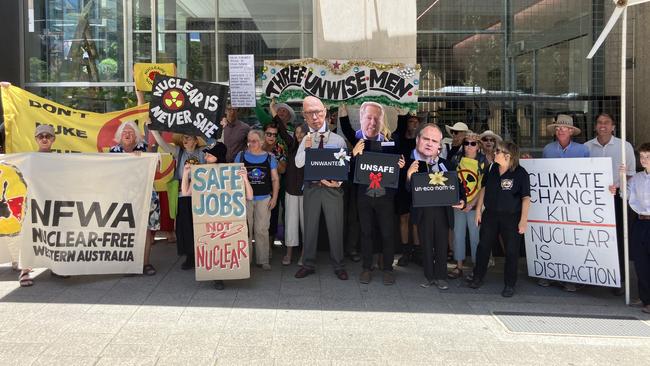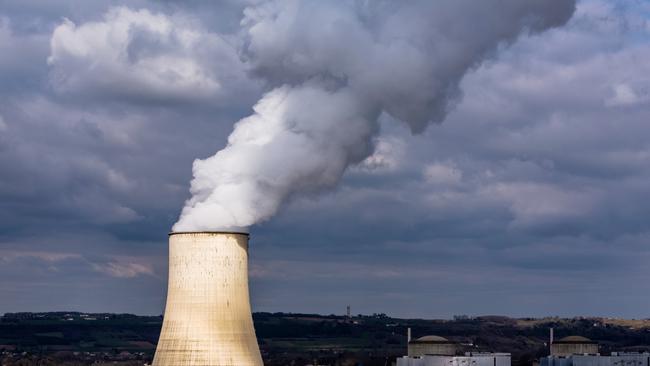Transition calls for serious analysis, not DIY economics
Aside from being left to organisations lacking the appropriate depth, the problem is that discussion to determine our energy system is dominated by a bizarre ideological opposition to the only power source we know for sure can displace fossil fuels.

Australia should be trying to determine the energy system that will help take us from being one of the lowest ranked countries in the world in terms of economic complexity to a modern skilled economy while meeting our emissions reduction and other economic and security goals.
This will require some serious analysis. It needs to involve institutions with high-level capacity in theoretical and applied economics and engineering. It should not be left to DIY efforts from organisations without the appropriate depth.
The problem is, instead of this, the discussion is dominated by a bizarre ideological opposition to the only power source we know for sure can displace fossil fuels.
Where some analysis does take place, it is mostly focusing on accounting costs pretending to be economic costs. By accounting cost, I mean the sticker price of different technologies. Economic costs depend on what we are trying to maximise: for example, the impact of different energy trajectories on the environment; economic growth; skills levels; national development and security; and so on. Bicycles are cheaper than trucks. So what?
No serious economist would confuse a list of the over-the-counter costs of different technologies with an analysis of an optimal policy.
The recent report by Frontier Economics has gone some way to improving the discussion. At the least it tries to make a comparison between all energy sources. In doing so it attempts to take into account full systems costs and recognises along with the rest of the world, with the exception of the CSIRO and similar organisations, that without this levelised cost of electricity data is worth very little. Timing matters and not every unit of energy or output capacity is equivalent. It also recognises that the system has physical constraints.

It still doesn’t go far enough for a proper economic analysis of our options. This said, I recognise that the analysis has been carried out in an environment where all policy questions are brushed aside by pointing to the CSIRO and Australian Energy Market Operator reports and it was necessary to respond in this context. Even if nothing else, Frontier demonstrates that, using AEMO assumptions, it is bordering on silly to simply claim a weather-dependent system will be cheaper than one with some nuclear energy.
This argument has been made by the rest of the world, academics and critics of the government’s argument for years. It is, however, an important step forward in our debate. It is unfortunate that this has not been taken as a chance for a revision by the government or the Greens or anti nuclear independents.
Instead we seem to be getting the business as usual, just keep repeating what we said last time sort of responses.
Consider the column by Steven Hamilton in another newspaper recently. This continues the accounting exercise with the usual meaningless “as long as the economics stack up”. His addition to stacking seems to be that we learn less as we build more reactors.
He also makes criticisms based on an assumption that the highly speculative Integrated Systems Plan put out by the AEMO is more or less perfect.
This last mistake is common. It assumes something to be true without justification in order to mislead. It is taught to undergraduates as the fallacy of a complex question and I am surprised he doesn’t understand it. He also gives the all-purpose “in Australia” phrase where presumably the laws of economics and physics are different than in the rest of the world. This is why we were going to be a hydrogen superpower. We don’t hear that so much now.
It may be too much to hope that government and other political actors will now stop defending the indefensible. If not, it may at least be an idea for policymakers to begin to talk to people who understand economics and energy.
Alex Coram is head of energy modelling at Macroeconomics Advisory and emeritus professor at the University of Western Australia.





To join the conversation, please log in. Don't have an account? Register
Join the conversation, you are commenting as Logout